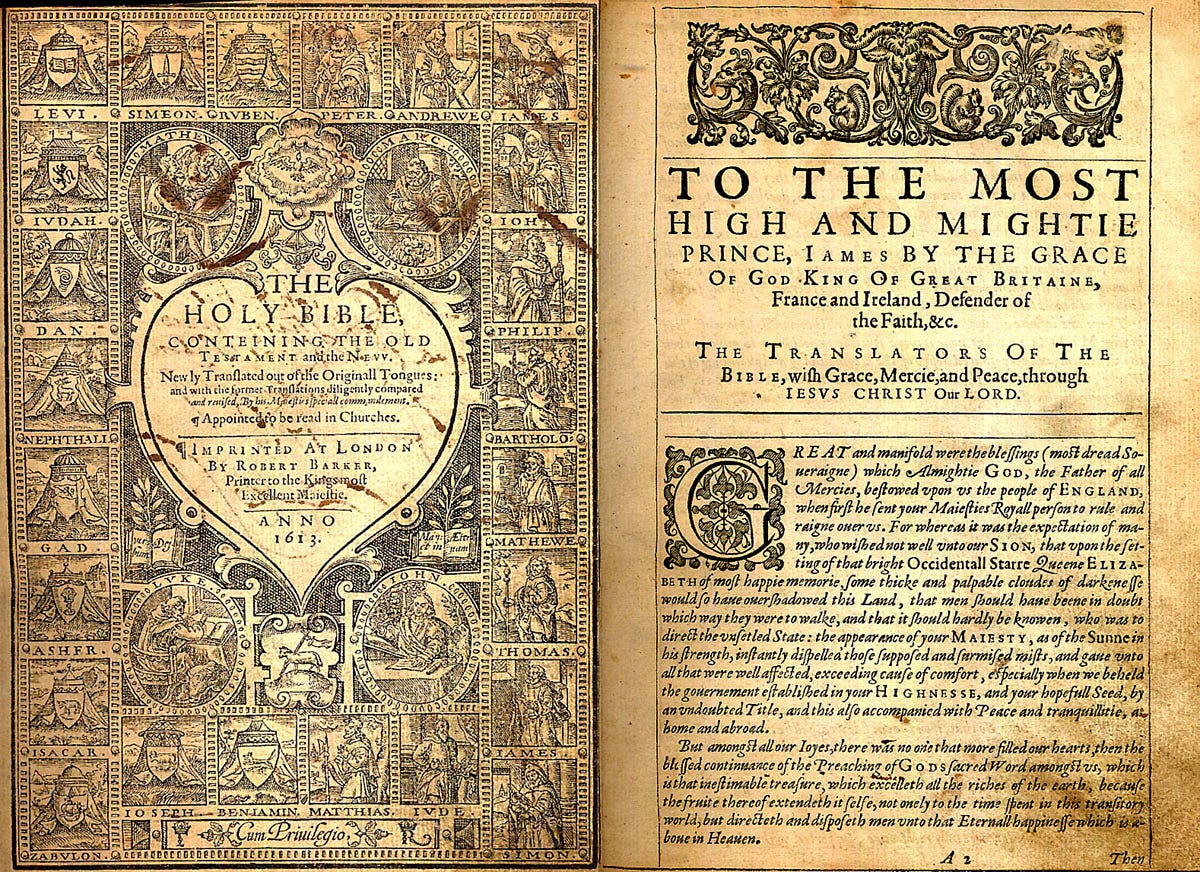Have you ever wondered about the brilliant minds behind the creation of the King James Bible? In this blog post, we will delve into the fascinating world of the translators of the King James Bible and explore the invaluable contributions they made to the English language and religious literature. Join us on a journey to discover the profound impact these individuals had on shaping the way we read and interpret the scriptures today.
The Unsung Heroes: Translators Behind the Iconic King James Bible
Translators of the King James Bible
The King James Version of the Bible, also known as the Authorized Version, is one of the most influential and widely read English translations of the Bible. It was commissioned by King James I of England in 1604 and completed in 1611. The translation was carried out by a group of scholars and theologians who were among the most learned men of their time.
The translators of the King James Bible were divided into six committees, each responsible for translating a different section of the Bible. These committees worked independently but also collaborated with each other to ensure consistency and accuracy in the translation. The final version of the King James Bible was the result of their collective effort and expertise.
One of the key principles that guided the translators was to produce a faithful and accurate translation of the original Hebrew and Greek texts. They aimed to strike a balance between literal accuracy and readability, ensuring that the language of the translation was both beautiful and accessible to English speakers of the time.
The translators of the King James Bible were well versed in ancient languages and biblical scholarship, drawing on a wide range of sources to inform their work. They consulted previous English translations of the Bible, as well as the original Hebrew and Greek manuscripts, to ensure the accuracy and fidelity of their translation.
The King James Bible has had a profound impact on English literature and language, shaping the way that English speakers think about religion, morality, and culture. Its distinctive language and style have influenced countless writers and thinkers over the centuries, leaving an enduring mark on the English-speaking world.
In conclusion, the translators of the King James Bible were a dedicated and scholarly group of individuals who produced a landmark work of English literature and religious scholarship. Their translation continues to be cherished and revered by millions of readers around the world, standing as a testament to their skill and devotion to the Word of God.
How many translators for King James Bible?
The King James Bible, also known as the Authorized Version, was translated by a team of scholars. Around 47 translators, divided into six groups, were involved in the translation process which took place over several years in the early 17th century.
Who translated the King James Bible?
The King James Bible was translated by a group of scholars appointed by King James I of England. The translation work began in 1604 and was completed in 1611. This version of the Bible is also known as the Authorized Version and has had a significant impact on English literature and language.
How many scholars translated the new King James Bible?
The New King James Bible was translated by a team of scholars, who worked on updating the language of the original King James Version while preserving its classic style and beauty.
What original languages was the King James Bible translated?
The King James Bible was translated from the original languages of Hebrew, Aramaic, and Greek.
FAQs
Who were the translators of the King James Bible?
The translators of the King James Bible were a group of scholars appointed by King James I of England.
How many translators worked on the King James Bible?
Forty-seven translators worked on the King James Bible.
What qualifications did the translators of the King James Bible have?
The translators of the King James Bible were scholars with proficiency in ancient languages such as Hebrew, Aramaic, and Greek.

